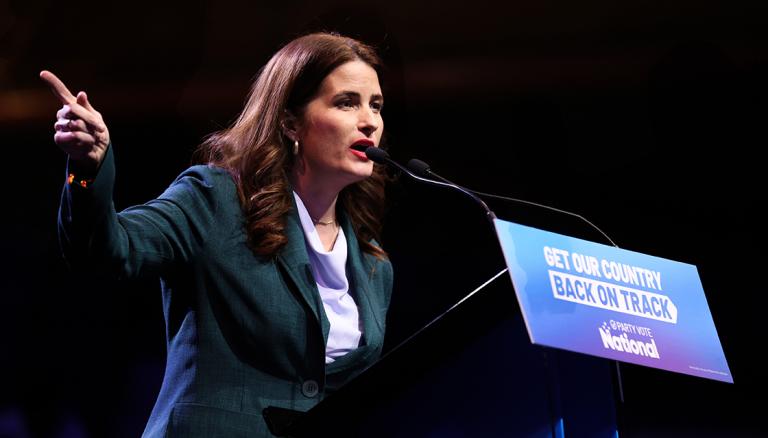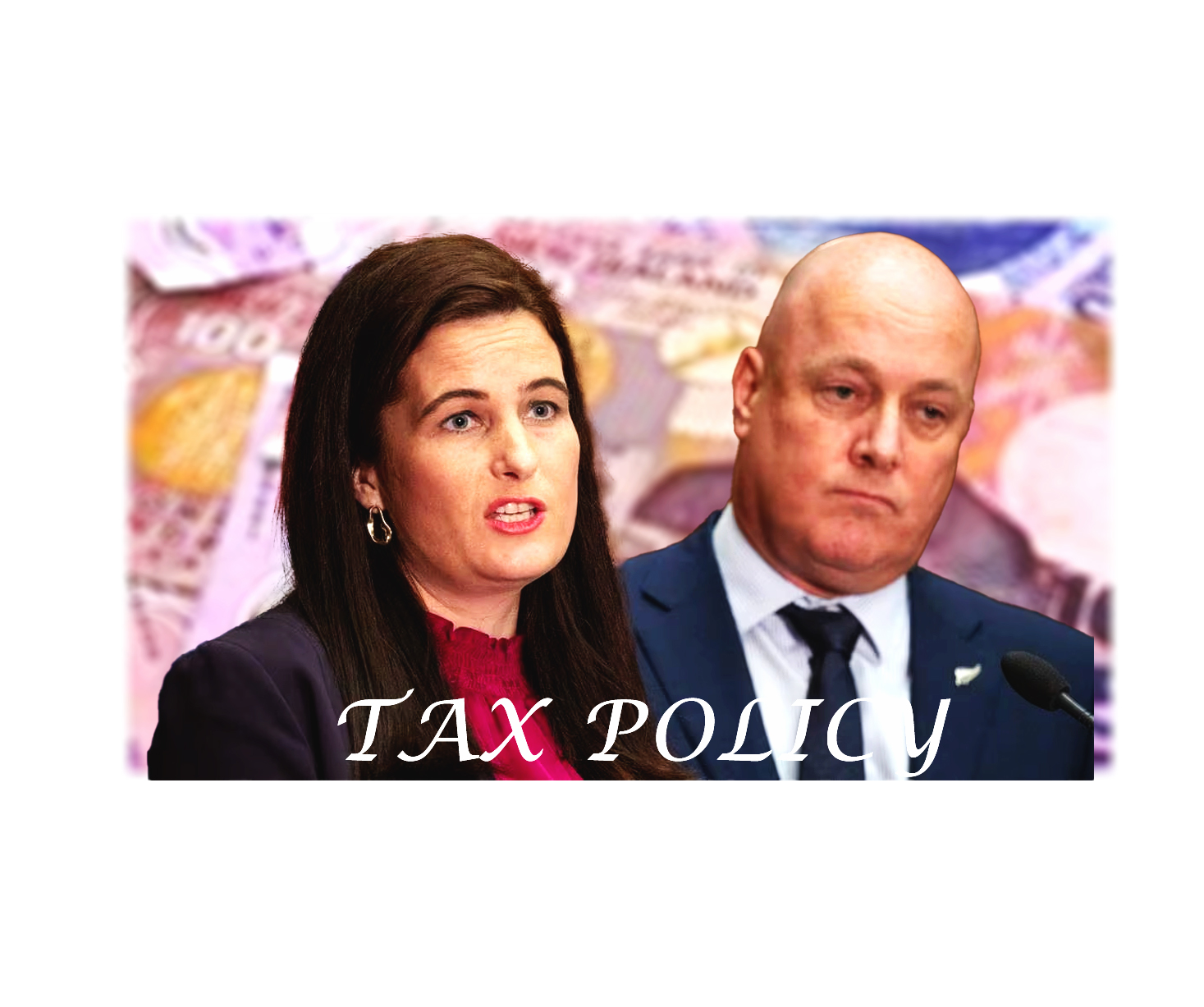Finance Minister Nicola Willis said the Government was working to deliver “meaningful income tax reduction” as she announced a range of upcoming tax and benefit changes today including revisions to the Brightline test and adjusting benefits in line with inflation.
Willis outlined the “number of commitments” that the coalition Government is progressing to address the cost-of-living crisis and deliver tax relief at today’s ‘mini-Budget’ announcement.
“We know Kiwis are doing it tough as inflation and higher average tax-rates erode household incomes. We are determined to bring down inflation and let people keep more of what they earn.”
Work is progressing to deliver “meaningful income tax reduction” in Budget 2024, Willis said.
“This includes considering design and implementation advice for the delivery of our proposed Family Boost childcare tax rebate, and for delivering income relief to workers and their families.”
The proposed Family Boost childcare tax rebate scheme said that families earning up to $180k a year will receive a 25% rebate on early childhood education expenses, with a maximum of a $75 per week payment.
Willis also announced that the Government would be bringing the Brightline test for residential property back to two years, effective from July 1 next year.
The Brightline test in its current form stipulates that the sale of a residential property which has been owned for less than 10 years may incur income tax on any gain on the sale.
“Removing this effective capital gains tax means that properties sold after 1 July 2024 will only be subject to the rule if owned for less than two years,” she said.
Willis said that a further “announcement” would come on the Government’s commitment to fully restoring interest deductibility for rental properties and that details of the phasing would be the subject.
It was also announced that main benefits will be indexed to CPI inflation from April 1 next year. Currently, main benefits are adjusted based on the growth in the net average wage in the same way pensions are – a change implemented by Labour during their time in Government.
This change would protect the real incomes of benefit recipients while putting the benefit system on a more sustainable footing, Willis said.
“This early decision is expected to mean that main benefits will be higher next year than they would have been if we had retained the current index to wage growth.”
The Finance Minister added that work was continuing to uphold the commitment in the ACT-National Coalition agreement to consider the concepts of ACT’s income tax policy as a pathway to tax relief.
Mini-Budget: Willis finds $7.5 billion in savings
The Government has found almost $7.5 billion in savings, it revealed in today’s ‘mini-Budget’.
This comes from stopping a range of work the Labour government had underway.
That included Labour’s planned 20 hours early childhood education extension, where it will save $1.181 billion over four years.
Stopping Let’s Get Wellington Moving saves them $525m and ending Labour’s half price fares for under 25s saves them $265m.
It will also redirect climate allocated funding, getting $647m back from the Government Investment in Decarbonising Industry (GIDI) fund.
It will also get uncommitted funding from the Climate Emergency Response Fund ($500m).
Tax and inco
me changes include the expected indexation of main benefits to CPI, saving $676m over four years. This change will happen slightly later than expected though.
Removing the Commercial Buildings Depreciation will save $2.311b over four years.
Finance Minister Nicola Willis said today’s mini-Budget “sets out the immediate steps the coalition Government is taking to strengthen New Zealand’s economy, repair public finances and deliver cost-of-living relief”. -with inputs from 1news.




May I request that you elaborate on that? Your posts have been extremely helpful to me. Thank you!